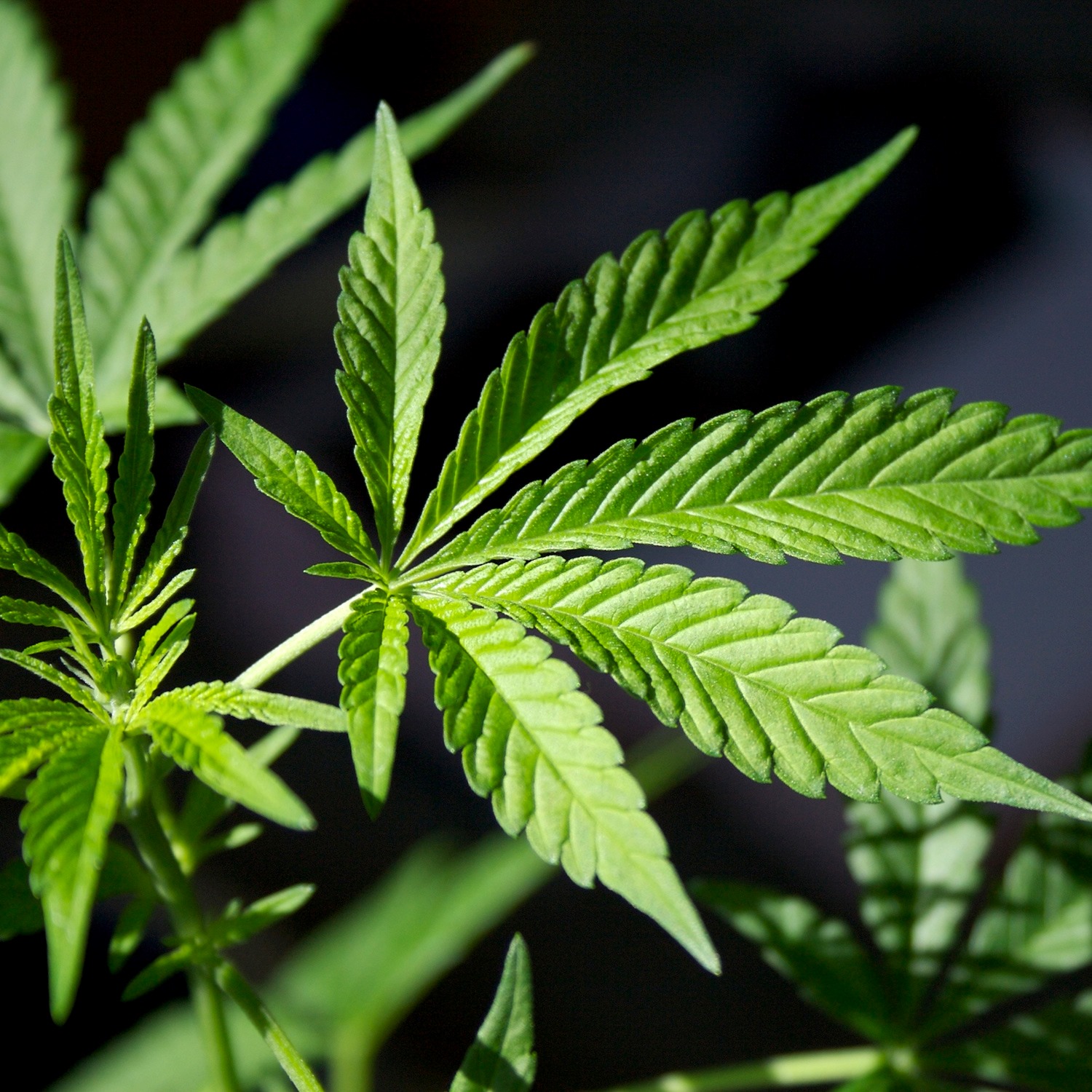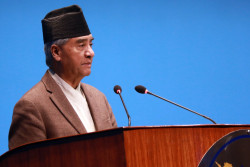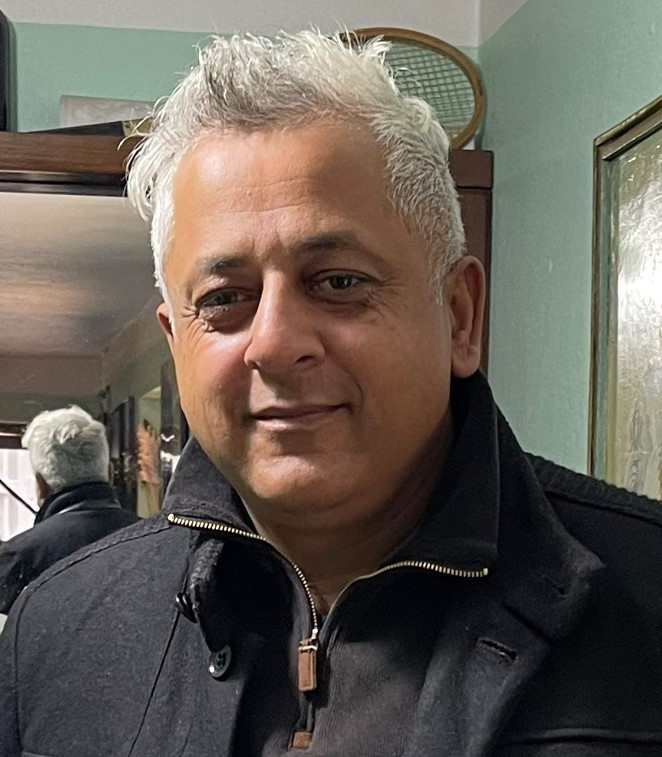Opinion

I have been advocating for cannabis legalisation in Nepal for over 11 years now. As a person living with HIV, first and foremost, I found out its benefits for patients like me who are facing several challenges in terms of mental and physical wellbeing and health. Hence I made it a mission to advocate for its legalisation. Later I also realised that its medical use also benefits people with cancer, epilepsy and several other disease conditions.
Several studies have shown positive effects of cannabis among cancer patients and patients on palliative care as an alternative to strong pain killers such as morphine. On top among other reasons I chose to speak up on the issue is that I believe ‘banning’ or ‘prohibition’ is a failed policy approach in general. This applies equally to cannabis, sex work and firework, to name a few.
In fact ‘regulation’ is a better policy option and many developed countries have understood this and are implementing less punitive ‘regulatory’ framework to deal with such issues as were prohibited in the past.
Some people argue that we cannot compare Nepal with the developed countries since we may not have enough resources to implement such policies. I disagree on this. Firstly, we will have to understand that 50 years back, Nepal already had a ‘regulatory’ policy towards cannabis and drug use was never a serious problem here until then. Secondly ‘prohibition’ has proven to be an expensive and complex approach as compared to ‘regulation’.
In the past 50 years since the ‘War on Drugs’ began both the number of drug users and types of drugs have increased as against the vision of the ‘prohibition’ regime that aimed to achieve a ‘Drug Free World’. It didn’t happen in the past 50 years so it won’t happen in another 50 years and countries that have realised this have been gradually shifting their focus towards regulatory policy framework and it is working.
One case in point is Portugal where all drugs have been legal for personal use for the past 15 years with amazing results. Similarly other countries are also adopting better policy options that respect the human rights of every individual equally.
'Social justice'
Another reason for supporting cannabis legalisation has also been the ‘social justice’ argument. If we look into the number of people in prison for cannabis related offences, they are only the poorest of the poor. They may be the farmers of remote hills where other crops are hard to grow as well as they do not have easy access to the market. Or, they are people who transport the loads from one place to the other such as transport workers or carriers.
Those who are benefiting the most from the illegal cannabis trade are not among the 9,000 or so people presently in jails across Nepal for cannabis related charges. When the poor farmers risking their lives get only around NRs. 5,000- 10,000 per KG, it is sold mostly across the border for NRs. 300,000 – 500,000 per kg. There is an estimated 30 million daily cannabis users in India alone, according to a 2018 household survey of India.
The fact that rich countries such as Canada and US states are benefitting from legalisation of the same plant that poor countries like Nepal are forced to ban is injustice. Similarly poor farmers are catering to the demand of the rich urban populations and while doing so only the poor people are in jail because of a ‘bad law’. As Martin Luther King Jr. said, I quote, “Breaking a bad law is our moral responsibility,” we consider those in prison for cannabis offences are freedom fighters and should be given an amnesty once legalisation happens in Nepal.
I have also seen some people argue that legalisation will make Nepal into Afghanistan - I beg to disagree because ‘prohibition’ and ‘war on poor people’ in the name of ‘drug free world’ is what made the situation in Afghanistan worse. Last but not the least ‘prohibition’ fuels the black market and creates an enabling environment for ‘corruption’ at all levels.
Let’s take the example of ‘fireworks’ or ‘pataka’ which is banned during Tihar. However, people continue to purchase, paying several times higher than their actual cost, because of the ban and use them. The government loses tax revenues on the one hand and unnecessarily promotes corruption on the other as a result of implementing such laws and policies.
Also Read: Nepal on the verge of legalising marijuana?
Benefits to the economy
There are several ways that cannabis legalization can help our economy to grow and lessen trade deficits. Nepal has one of the best geographic and climatic conditions for this plant. With loads of rainfall during the growing season, when the plant needs water, ideal outside temperature of an average of 25 to 30 degrees Celsius, with 300 days of sunshine, we are probably among a few countries where lots of costs could be reduced by growing the plant naturally in the sun.
In Canada or Netherlands, for example, cannabis costs over $7 per gram due to high energy costs as they need to grow them inside greenhouses under artificial lights and air conditioning.
We, on the other hand, have a comparative benefit as we can grow it in almost 60% of our total land area where no artificial energy is required. When we can grow cheap, we can sell them for a cheaper price than elsewhere as the world is gradually opening up and the cannabis trade is projected to grow rapidly in coming years. Recently Thailand showed its interest in importing Cannabis from Canada at a wholesale rate of $2.5 per gram.
Also Germany and other countries are looking into countries from where they can legally import cannabis at cheaper rates than what their own farmers can offer -- as the demands are soaring everywhere it has been legalised in the past years.
Nepal is known around the world for its cannabis and hashish, a concentrated form of cannabis, for a long time. In the 60’s as Nepal had just opened to tourists it was the cannabis loving hippies who travelled for several weeks in buses to come to Kathmandu and started promoting Nepal to the world as one of the best travel destinations in the east.
People from Americas and Europe came to Nepal among whom one was the bestselling writer Paulo Coelho who published a book called Hippie in remembering the trip he undertook in his teens in search of peace, love and harmony. Cannabis re-legalisation can bring loads of tourists to Nepal yet again like in the 60s as transport options are much easier than 50 years back to reach Nepal.
Thailand recently became the first in Asia to legalise cannabis as they understood that banning cannabis will significantly reduce the number of tourists coming in to Thailand from countries that have now legalised cannabis such as US, Canada and Germany.
Without much investment it is possible to revive the almost collapsing tourism industry if we can have the right policies in place such as the legalisation of cannabis. Though there have been rare cases of tourists arrested for just smoking a joint in Nepal it will be a great message if we could celebrate 2023 to commemorate the 50 years of the arrival of hippies and the start of tourism industry in Nepal.
Every household can benefit from the legalisation in terms that they will have access to an alternative cash crop that does not need much care and effort to grow and flourish. This means that there will be farmers, traders, manufacturers of different items such as clothes, oil and medicine who will be directly involved and loads of employment can also be generated at home, in the villages. This will end another misery many of fellow Nepali citizens are facing today to be working for years away from their families in very harsh conditions with only small savings to send back home.
Medical benefits
There are several medical benefits that are now approved globally as well as many researches are underway trying to understand its multiple medical benefits. In our traditional medical practice the government owned Baidhyakhana used cannabis as one of the active ingredients in 63 different formulations before the ban came into effect. These conditions ranged from anxiety and erectile dysfunction to pain management, fever, digestive disorders to treatment of alcohol and other addictions.
Thailand has identified over 30 disease conditions where cannabis based medicine can be prescribed and includes patients suffering from chronic pain, lack of appetite, insomnia, cancer, HIV, epilepsy, Parkinson’s to name a few. A third of HIV patients in the US and Canada are prescribed cannabis for mitigating the side effects of the anti AIDS drugs.
Globally clinical trials of different sizes are taking place to see its effect on treating addiction, depression and other mental health related issues.
Concerns over drug abuse
Cannabis is often portrayed as a gateway drug, however, many studies in places where it has been legal shows the opposite. It is more of an exit drug then a gateway drug. Due to the wide availability and acceptance of cannabis in Nepal for cultural and religious reasons as well as its being easy to find, people use cannabis once or twice in a year to celebrate festivals and is considered holy.
Had it been a gateway drug or a drug that has high potential of addiction after trying once there would be much more drug users in Nepal than what we have now. In a group of 10 close friends we can hardly find 1 or 2 people who use cannabis regularly and the rest are just using once or twice in a year. This clearly shows that the ‘gateway drug’ theory is prejudiced and flawed.
Many argue that people who are using hard drugs all started with cannabis and gradually moved to other substance. In fact cigarettes and alcohol are more harmful than cannabis but because they are legal people do not consider these as drugs at all so all the blame comes on cannabis. How can you get high on cannabis if you haven’t smoked cigarettes for that matter?
We can find several evidences from countries that have legalised cannabis that there has not been any significant rise in its use. Many legal states also have solid evidences showing that use of other chemical substances and harmful drugs has in fact reduced after its legalisation.
All of these evidences and my personal experience also confirms that cannabis legalisation will not increase drug use but on the contrary it will keep young people safe from the hands of ‘illegal street dealers’ who do not care about the health and well being as against government licensed shops where it is mandatory to sell it only to those who are eligible adults or patients holding a prescription from a doctor.
(Rajiv Kafle was one of the first persons to come out openly about his HIV status and drug use experience. He has represented Nepal and the Asia Pacific region in many different global forums and travelled & worked extensively in and outside Nepal as representing the voices of the civil society and patient groups. He tweets @RajivKaflay, remains @imtopendra2 on Insta and Rajiv Kafle on Facebook and YouTube).






